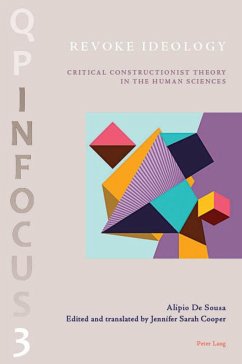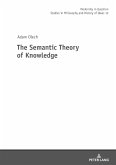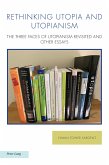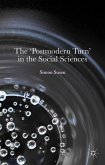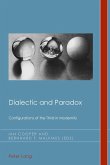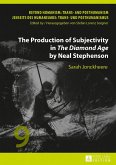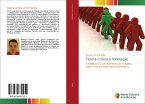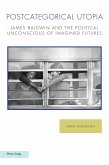In these crooked times of chaotic and contradictory discourses in every social sphere, from politics to food production, "ideology" has become the buzzword to represent some solid structure on which to cling or under which to recoil, in an effort to understand reality. But how this structure is built and what it ultimately upholds - this is a primary focus of the Human Sciences. In this book, the author argues that in the Human Sciences, from its founders to contemporaries, a common premise is apparent: the fundamental property of all human-social reality is its character as something constructed. Through a vast set of analyses and reflections of his own, and by philosophers, psychologists, psychoanalysts, sociologists, anthropologists, neuroscientists and linguists, the author shows how this premise, applied, which he coins as critical constructionist theory, constitutes the fundamental theory of the Human Sciences. The book also traces how the main development of this theory gave rise to critical deconstructionism - philosophical, sociological, and anthropological - as an analytical procedure in contemporary studies and research, valid in discussions on culture, ethics, human rights, gender, sexuality and ethnicities. Understanding the role ideology plays in this construction, then, is key to liberation from oppressive conceptual structures of reality. This book exposes that role.

